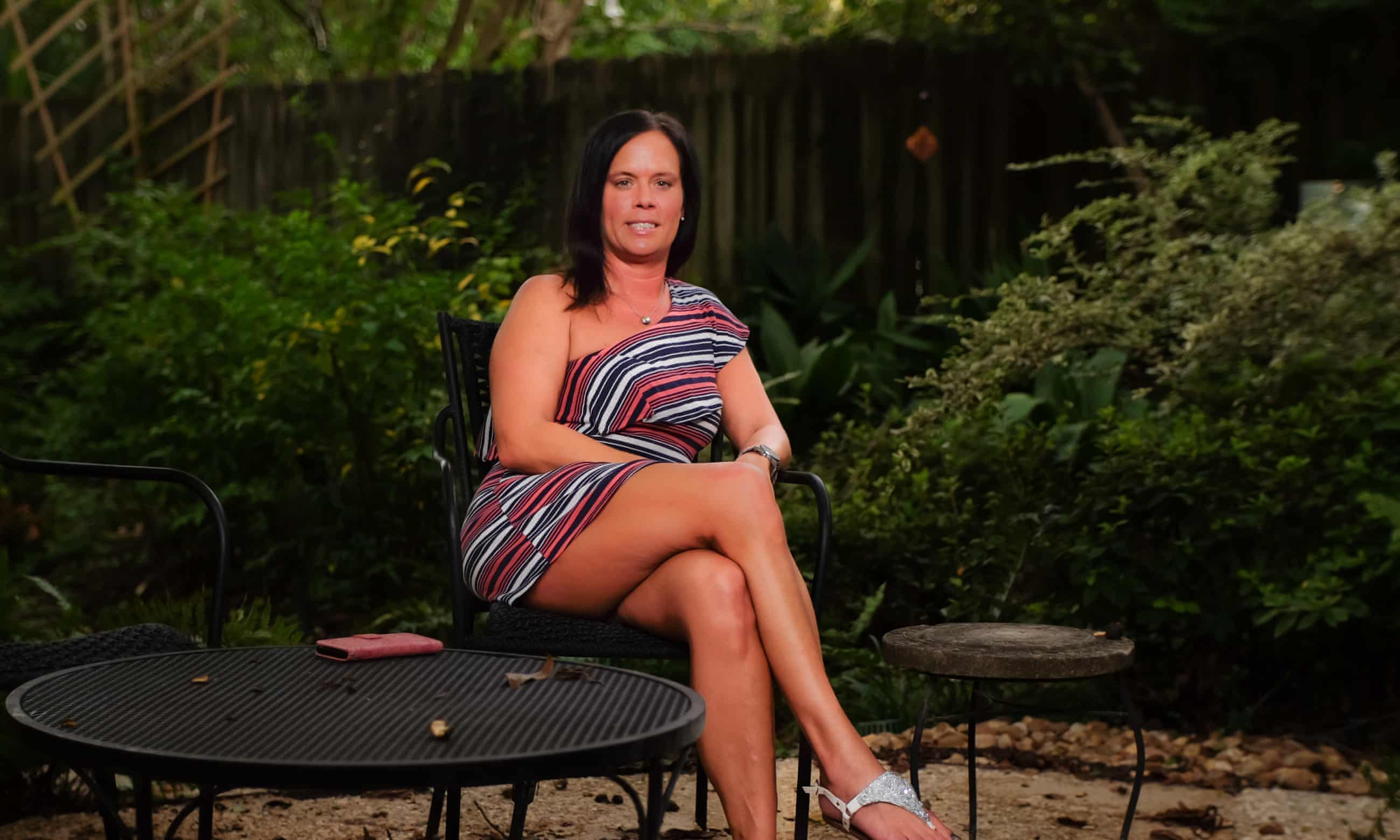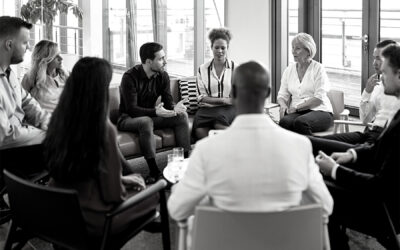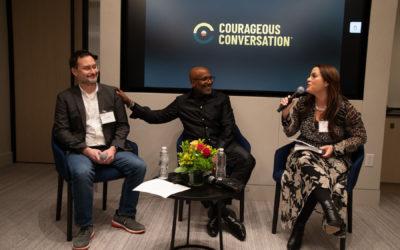By Donald Ladd—Oct. 8 2018
The first song Krista Hinman learned to play on the piano was Dixie, the de facto battle hymn of the Confederate States of America. She learned the minstrel-song-turned-slavery-anthem growing up in Southaven, Mississippi, a predominantly white suburb of Memphis, Tennessee.
“Everything I ever did was white,” Hinman, now 44 and a professional bartender, says on a southern-hot afternoon in the courtyard behind her apartment in Jackson, Mississippi’s majority-black capital city.
The Ku Klux Klan, the white gang that rose again to terrorize black residents during the civil rights movement, had mostly died down by the time of Hinman’s childhood – yet her neighbor in the 1970s had remained a member.
Was she racist herself?
“Oh yeah,” Hinman says. Born in 1974, she admits to regularly dropping the N-word and delighting in racist jokes with friends. “I was all in. I believed every single bit of it … all the ‘heritage’ stuff.”
She often regurgitated revisionist civil war tropes long embedded in southern textbooks: that secession wasn’t over slavery; that the war was a glorious uprising against federal tyranny; that slaves were happy and adored their masters until the Yankees up north riled them up. She also defended the Confederate flag and monuments.
Hinman’s parents did not want racist jokes and the N-word inside their home. Still, while watching the TV show In the Heat of the Night when she was a kid, she quipped that she might bring home a black boyfriend, angering her father.
“I would beat your ass to New York and back,” he said.
Many white southerners had adopted an uneven racial code since violent responses to civil rights gains in the 1960s. “He didn’t believe in total racism,” Hinman says of her father, “but you weren’t bringing [black people] home.”
But in her 20s, while studying at the University of Mississippi, Hinman’s views changed. She made liberal friends. Her friend Kiki described growing up on the black side of their wealthy college town, where whites seldom ventured and children enjoyed fewer opportunities. Hinman came to believe that racism is not just interpersonal name-calling, but systemic denial of equity and equality – in education, the workplace, political representation, housing, healthcare and everyday life.
Hinman realized that many whites are conditioned to believe lies that people of color were biologically inferior, more prone to crime, lazier. “It’s about a sense of superiority,” she says. “I might live in a trailer in Tchula, Mississippi, but at least somehow I can say I’m ‘better’ than these other people … We’ve done really horrible stuff to black people in the name of superiority.”
Today, she joins a growing chorus of Mississippians of wildly different backgrounds eager to talk about their racial miseducation in the hope to help bridge US racial divides – and that requires unexpurgated truth.
She now believes that the Mississippi flag and public Confederate statues memorialize oppression. “They all need to come down,” she says.
Paradoxically, Mississippi is probably the site of the most race dialogues in the country, at least per capita.
Historian Susan Glisson, 50, was pivotal to Mississippi’s public reckoning when she helped create a forum at the University of Mississippi in 1997 during then president Bill Clinton’s national race initiative. That effort morphed into the William Winter Institute for Racial Reconciliation, which designed “Welcome Table” dialogues around Mississippi between people of different races and beliefs.
“We don’t start talking about race,” says Glisson. “We start at the level of a human being to help people become self-reflective about who they are, their values. We build a bridge of trust.” Only then is it possible to contextualize 500 years of the history of racism and unpack systems that sustain white supremacy long after slavery ended, she explains.
Read more at The Guardian.




